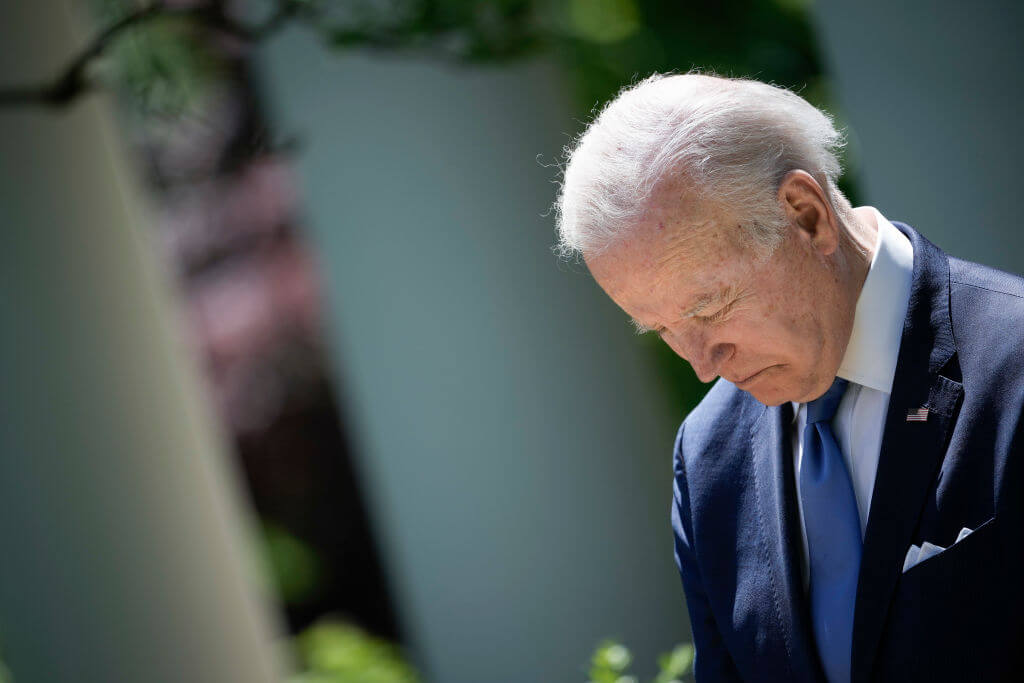Possible Peace Deal Could Come By the End of April, Kerry Says

Image by Getty Images
U.S. Secretary of State John Kerry said on Friday Israel and the Palestinians were still on schedule to reach a full Middle East peace deal by the end of April, and both sides were committed to the talks.
Speaking at the end of his second visit to the region in a week, Kerry said the two sides were discussing a framework of core issues that lay at the heart of the decades-old conflict and would lead to the final status accord.
“Both parties remain committed to fulfilling their obligations to stay at the table and negotiate hard during the nine-month period that we set for that,” Kerry told reporters after separate talks with Palestinian and Israeli leaders.
“We’re not talking at this point about any shifts (in the schedule,” he said, alleviating Palestinian concerns that Israel would delay a planned release of Palestinian prisoners at the end of the year.
Seen as a vital confidence building measure, Israel has so far freed about half the 104 prisoners that it had pledged to release from its jails under a deal secured by Kerry in July to renew peace talks that had been frozen for three years.
However, Palestinian and Israeli officials have indicated that the peace talks, held far from the media’s gaze, have made little headway thus far, causing Kerry to make repeated visits to the area to try to gain some momentum.
“We remain hopeful that we can achieve that final status agreement. Why? Because we are absolutely confident … that for both sides, and the region at large, peace can bring enormous benefits,” Kerry said.
The U.S. Secretary of State, whose programme in Israel and the Palestinian territories was disrupted by strong snow storms, is also due to visit Vietnam and the Philippines.
A message from our Publisher & CEO Rachel Fishman Feddersen

I hope you appreciated this article. Before you go, I’d like to ask you to please support the Forward’s award-winning, nonprofit journalism so that we can be prepared for whatever news 2025 brings.
At a time when other newsrooms are closing or cutting back, the Forward has removed its paywall and invested additional resources to report on the ground from Israel and around the U.S. on the impact of the war, rising antisemitism and polarized discourse.
Readers like you make it all possible. Support our work by becoming a Forward Member and connect with our journalism and your community.
— Rachel Fishman Feddersen, Publisher and CEO























